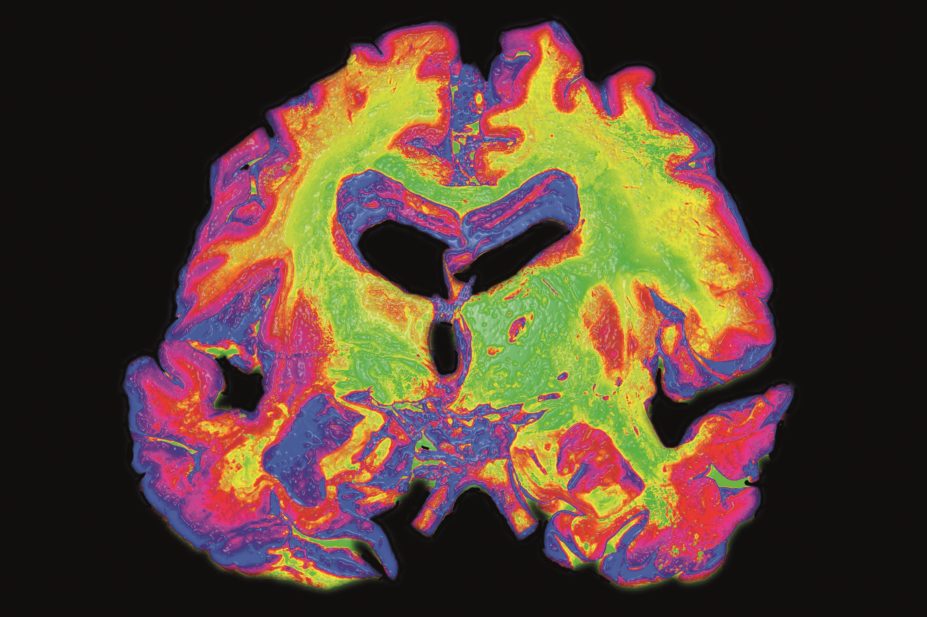
Living Art Enterprises / Science Photo Library
In diseases like Alzheimer’s and atherosclerosis, the formation of inflammatory protein complexes called inflammasomes contributes to the disease.
Therefore, researchers at the University of Manchester have tested whether inflammasomes can be inhibited with non-steroidal anti-inflammatory drugs (NSAIDs) flufenamic acid and mefenamic acid, the latter of which is commonly used to treat period pain.
They found that the NSAIDs selectively inhibited a pathogenic inflammasome. While in two rodent models of Alzheimer’s, the drugs reduced brain inflammation and improved memory deficits.
Writing in Nature Communications (online, 11 August 2016)[1]
, the researchers say that greater understanding of how inflammation contributes to human diseases is needed. But because the two NSAIDs are already used clinically, they say the research could be rapidly translated to human trials.
References
[1] Daniels M, Rivers-Auty J, Schilling T et al. Fenamate NSAIDs inhibit the NLRP3 inflammasome and protect against Alzheimer’s disease in rodent models. Nature Communications 2016;7:12504. doi: 10.1038/ncomms12504


